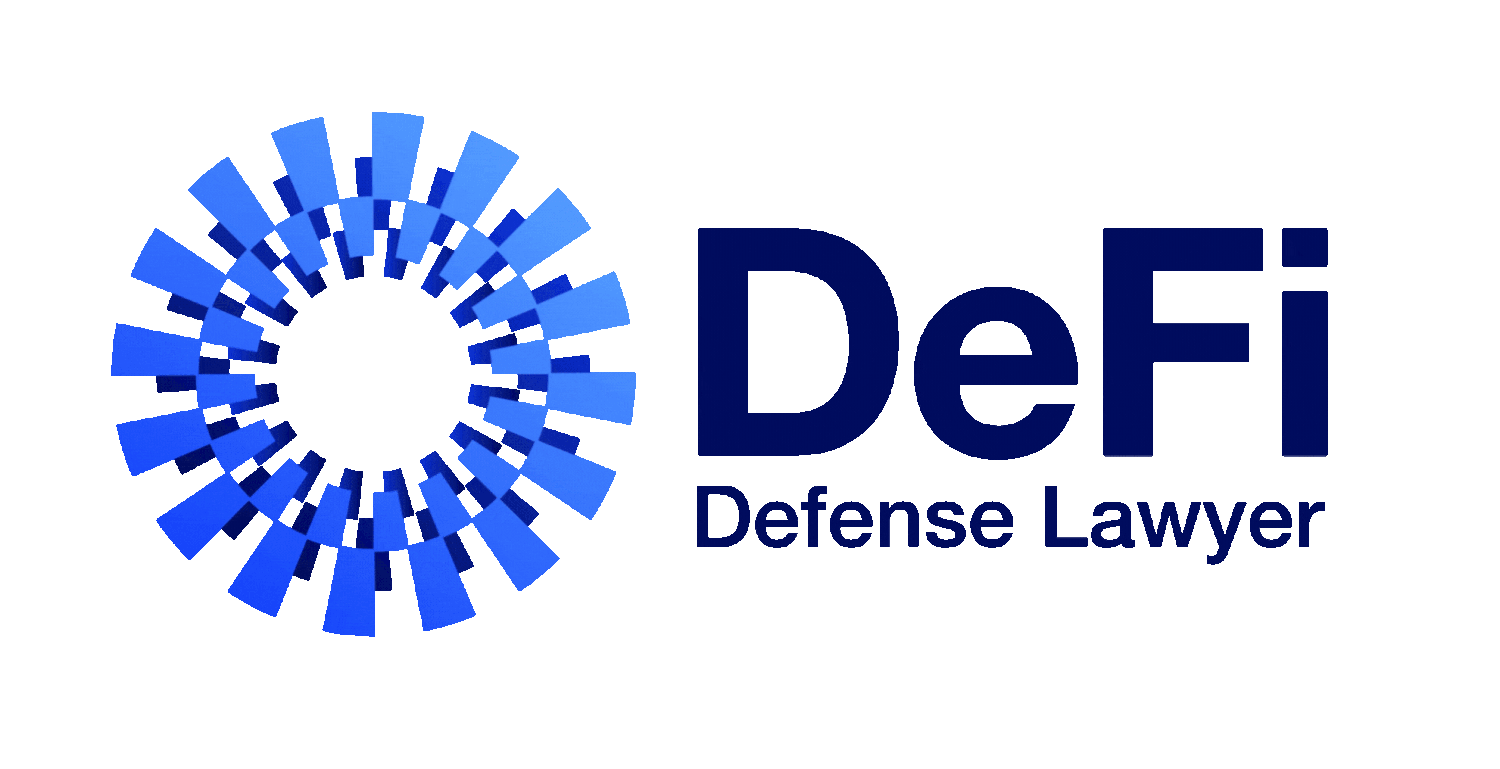Breaking News: Reversal in Nate Chastain Case--2d Circuit Tosses NFT "Insider Trading" Conviction
Breaking News: Reversal in Nate Chastain Case--2d Circuit Tosses NFT "Insider Trading" Conviction In a stunning reversal, the U.S. Court of Appeals for the Second Circuit has vacated Nate Chastain’s conviction for wire fraud and money laundering, dealing a serious blow to the DOJ’s high-profile effort to apply legacy fraud statutes to digital assets. The case—long labeled “the first NFT insider trading prosecution”—has been sent back to the Southern District of New York for further proceedings. Here’s what happened—and why it matters.
Background: Who Is Nate Chastain? The DOJ charged him with wire fraud and money laundering. The media called it “NFT insider trading.”When I was in NYC, I attended Chastain’s criminal trial. After the jury returned a guilty verdict, Chastain, the former OpenSea product head, was sentneced to serve e three months in prison after being convicted of using inside information to front-run featured NFT listings. The goverment charged that Chastain chose which NFTs would be spotlighted on OpenSea’s homepage—a selection that often triggered a price surge. The government further alleged that he secretly bought those NFTs ahead of the listing and sold them shortly after for a profit, netting around $57,000. Chastain appealed his guilty verdict and sentence. And now, the Second Circuit has sided with him.
The Court’s Reasoning: Information ≠ Property The Second Circuit’s ruling strikes at the heart of the DOJ’s case. The wire fraud statute criminalizes schemes to deprive someone of “money or property.” The government argued that Chastain stole OpenSea’s “property”—its confidential information about which NFTs would be featured. But the appeals court disagreed. In a sweeping opinion, the court ruled that: “Confidential business information does not qualify as ‘property’ under the wire fraud statute unless it has commercial value to the company.” Opinion at 12. In other words, just because OpenSea wanted to keep the information private doesn’t mean it had the kind of property interest the law protects. And here’s the kicker: the court found the featured NFT info didn’t materially impact OpenSea’s business. It wasn't bought, sold, monetized, or even treated with meaningful secrecy internally. That made it too “ethereal” to be the basis for a federal fraud charge. Opinion at 24. Worse for the DOJ, the jury was instructed that it could convict Chastain based simply on conduct that was “unethical” or contrary to “honesty and fair play.” That, the court ruled, was improper: “The instructions invited the jury to return a guilty verdict if it found that Chastain had acted unethically—even if he did not invade a traditional property interest of the company.” That instruction, the court concluded, tainted the verdict beyond repair.
Implications for Crypto and Beyond This reversal is a major setback for federal prosecutors seeking to fit emerging digital behaviors into traditional fraud frameworks.
What Happens Next? The case now returns to the lower court. While retrial is technically possible, the DOJ may decline to proceed—especially after this strong rebuke. Chastain has not served his sentence, and unless the government appeals to the Supreme Court (a long shot), the case may quietly end.
